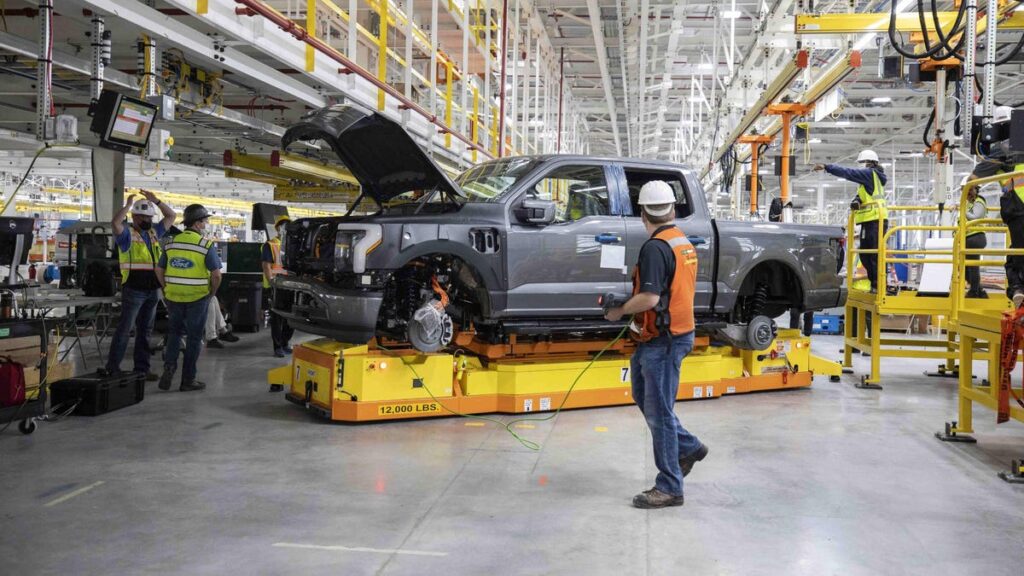The EV Transition Isn’t A Chance To Screw Over Workers

Photo: DR/SP/Andia/Universal Images Group (Getty Images)
The United Auto Workers strike has — tentatively — ended. The workers, though, still face uncertainty in the face of a shifting automotive market. As manufacturers transition to electric vehicles, those workers need to know they won’t be left out in the cold, and those assurances are still forthcoming.
The Automotive Mistake That Ruins the Movie ‘Halloween’
This was one of the major concerns of the recent strike, as automakers spun up new factories to manufacture EVs and batteries without including the UAW. New agreements from the strike have started to remedy that approach, and experts say it’s for the best. Vox has the inside info:
So far, the UAW has secured an agreement with GM to bring battery manufacturing under its auto contract, allowing the union to negotiate wages and benefits for workers building the lithium ion batteries that power electric cars. The tentative agreement with Ford allows the union to go on strike if plants close, giving workers leverage as production lines for older fossil-fuel-powered vehicles shut down.
“It lays a foundation for UAW members to be making electric vehicles under UAW contracts into the future, which is enormously exciting and good for workers, not just in the auto sector, but across the economy given the size of the sector,” said Jason Walsh, executive director of the BlueGreen Alliance, a partnership of labor and environmental groups.
Of course, the ideal solution to our climate woes won’t come from passenger cars at all — it’ll come from affordable, reliable electrified mass transit. Weighing those needs against the needs of workers, however, is a delicate dance. I, for one, am glad I’m not in charge of choreographing it, but someone’s going to have to plan out every step, spin, and dip. Hopefully, they’ll do so sooner rather than later.



